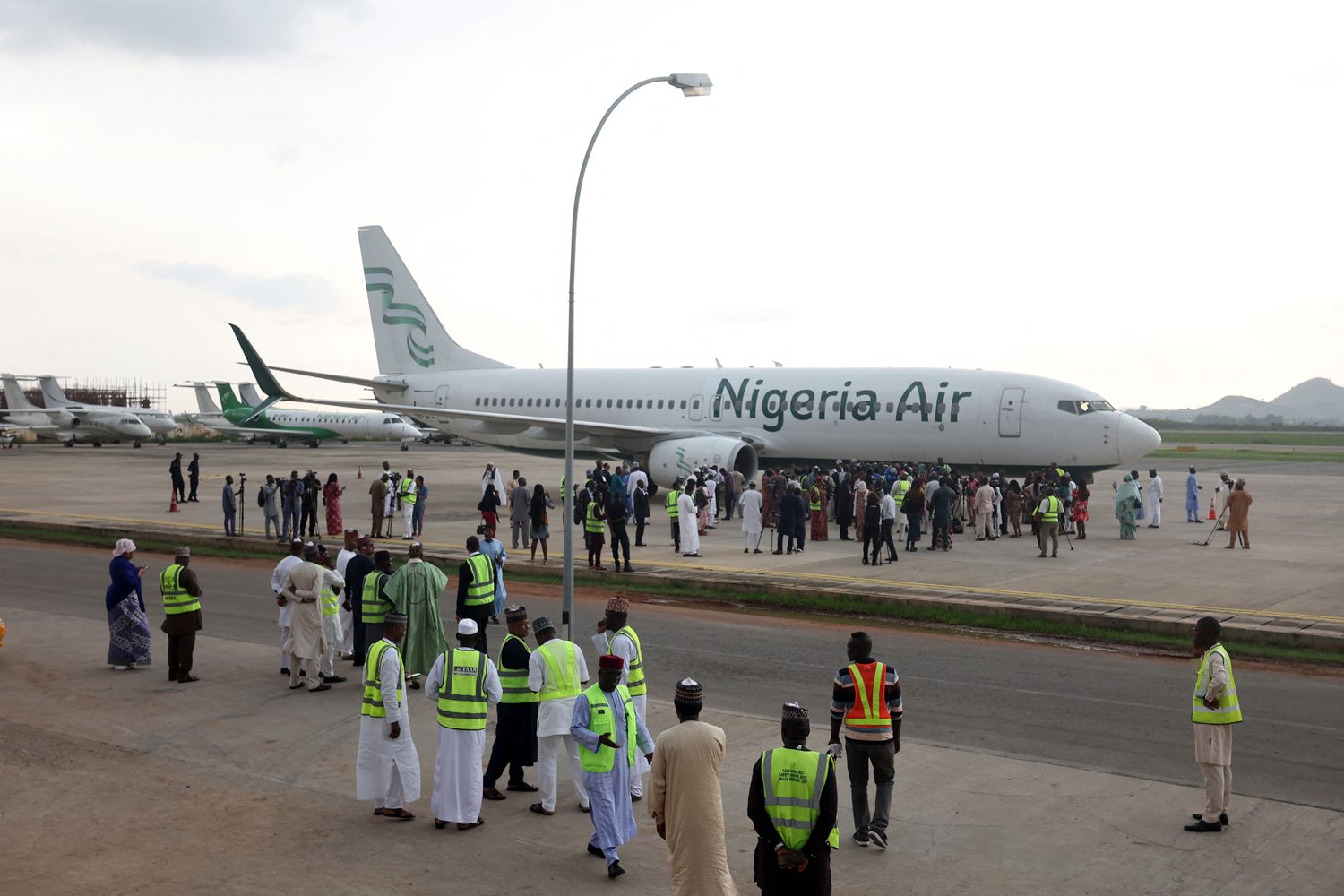In a surprising turn of events, Ethiopian Airlines has broken its silence regarding its participation in Nigeria’s controversial Nigeria Air project, initiated by the previous administration of President Muhammadu Buhari. The airline’s Group Chief Executive Officer, Mr. Mesfin Tasew, disclosed that Ethiopian Airlines had initially contemplated withdrawing from the deal but was ultimately persuaded by the federal government to stay on board.
This development occurred despite a pending court case initiated by the Airline Operators of Nigeria (AON), which had obtained an injunction halting the project. The project, spearheaded by former Minister of Aviation, Senator Hadi Sirika, was launched on May 27 but faced numerous setbacks when it was discovered that an Ethiopian Airlines aircraft had been used for a demonstration flight, in violation of the establishment process for a new airline.
In an interview with Nigerian journalists in Addis Ababa, Mr. Tasew clarified that Ethiopian Airlines had never harboured any intention to establish an airline in Nigeria. According to him, the Nigerian government had formally requested Ethiopian Airlines’ participation in a bid to assist in the creation of a national carrier, Nigeria Air. Despite initial reservations due to ongoing commitments in other countries, Ethiopian Airlines ultimately agreed to respect the Nigerian government’s request, citing its service to the Nigerian public and government through flights to four cities in the country.
Mr. Tasew further revealed that Ethiopian Airlines had submitted a proposal after being informed that it had been selected by the Ministry of Aviation as the partner for establishing the airline. The proposed structure would see Ethiopian Airlines holding a 49% stake, the federal government retaining 5%, and the remaining 46% being allocated to Nigerian investors. However, there were discrepancies between the two parties regarding the composition of Nigerian investment institutions and the government’s insistence on retaining only a 5% share.
Addressing another point of contention, Mr. Tasew explained that Nigerian authorities had requested the display of Ethiopian Airlines aircraft painted with the Nigeria Air logo for inspection. Ethiopian Airlines obliged and temporarily painted one of its aircraft with the Nigerian logo, which was later repainted with the Ethiopian logo after the inspection.
While discussing the objectives of Nigeria Air, Mr. Tasew stressed that the Nigerian government aimed to establish a reliable and dependable national carrier to address issues of flight punctuality, cancellations, and high airfares charged by foreign airlines. However, this revelation has sparked mixed reactions within the industry, with some stakeholders accusing the government of undermining local airlines.
Mr. Olumide Ohunayo, Secretary General of Aviation Roundtable, expressed his disappointment, labelling the Nigeria Air case as an embarrassment for the nation. He criticized the government for disregarding domestic airlines, claiming that Nigeria possessed the highest number of airlines in Africa, although they may not have as many aircraft as their counterparts.
The involvement of Ethiopian Airlines in the Nigeria Air project, coupled with the revelations made by its CEO, has shed new light on the complexities and controversies surrounding the initiative. As the project undergoes further scrutiny and the aviation industry awaits the court’s decision, the future of Nigeria Air remains uncertain.


